
Acquired Brain Injury (ABI)
There are two main types of acquired brain injuries:
- Traumatic Brain Injury (TBI) results from something hitting your head, such as being hit by a hard ball, or being in a car accident, or having a fall
- Non-Traumatic Brain Injury results from other injuries such as not getting enough oxygen (e.g. near-drowning, heart attack), infections (e.g. encephalitis, meningitis) or illness (e.g. brain tumour, stroke).
The effects of an ABI are different for everyone and may affect physical, emotional, and thinking skills and can also affect a young person’s behaviour. For example, a young person might experience difficulties with emotion regulation and also have difficulties with memory, attention, or problem-solving.
When someone has an ABI as a child this will affect how their brain develops and may mean that things change over time, some skills may recover and develop well, other skills may develop more slowly and other skills might always need some extra support.
ABI is often called a “hidden disability” because the effects are not always obvious. A person may look physically well but still struggle with thinking, memory, emotions, or behaviour. Sometimes for young people these changes can become more obvious as they get older.
Possible Cognitive Symptoms
Everyone has different cognitive abilities, whether or not they have had an ABI. If you have an ABI though you may have specific symptoms as a result. Depending on the type of ABI these symptoms may change over time. Changes often occur because of physical changes the brain undergoes. Some abilities are simple while others require some more complex connections in the brain.
Here are some common cognitive challenges experienced by individuals with ABI:
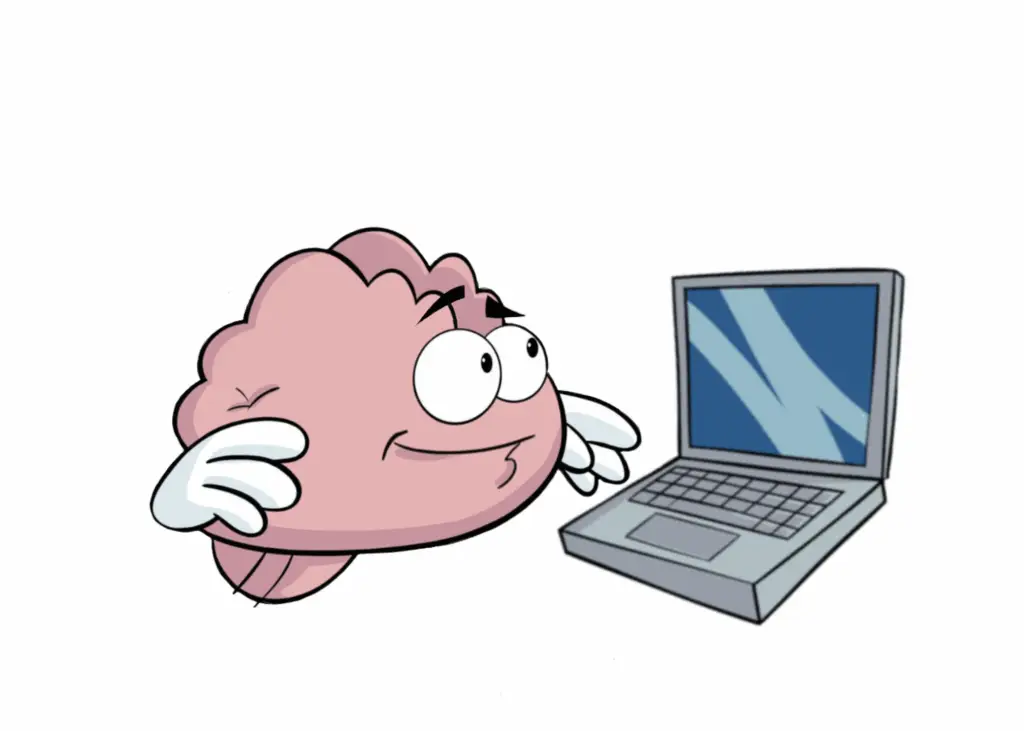
Attention and Concentration: You may be easily distracted and experience difficulty multi-tasking. Fatigue can also lead to confusion and difficulties with attention and focus. Loss of skills can delay your goals for school and life but planning and organization can help! You can learn more about this by visiting our Attention optional session.
Learning and Memory: Some people experience problems with short-term or long-term memory. You can learn more about this and strategies to support your learning and memory by visiting the Memory and Learning optional session.
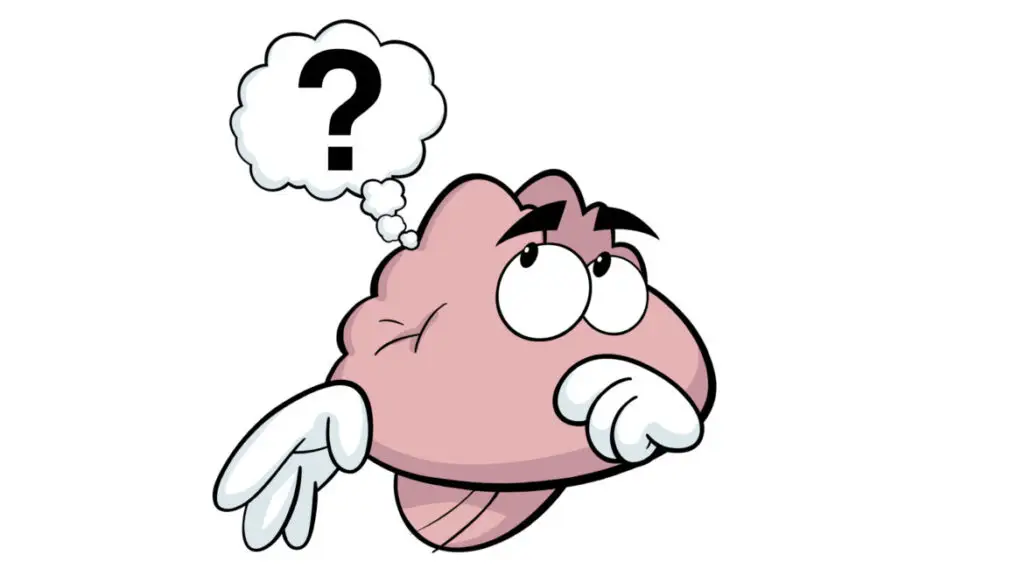
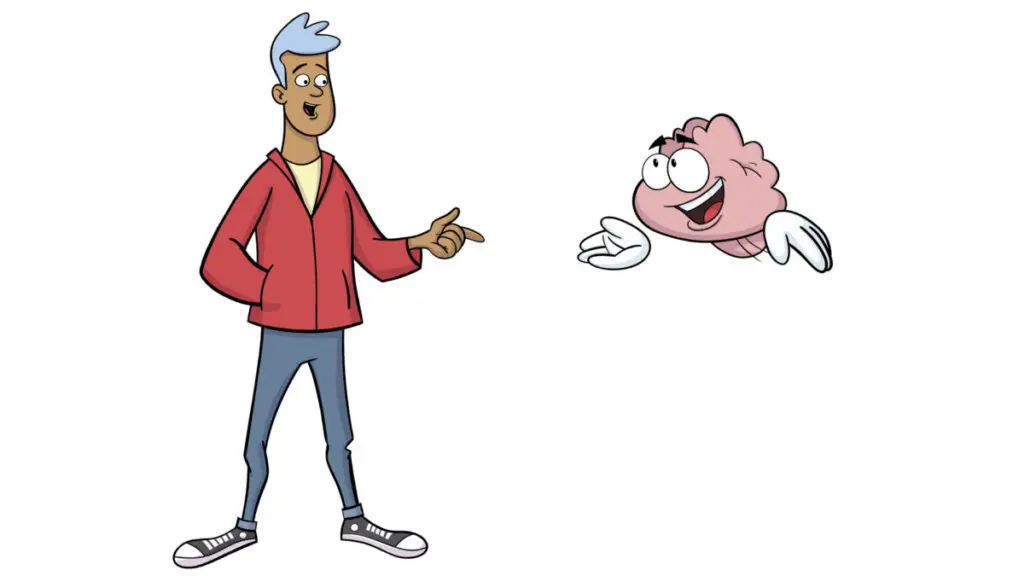
Language and Communication: Some people struggle with remembering words as well as reading and writing. Communicating with others and building relationships can also be a challenge. More information and skills to support these difficulties are in the Verbal and Nonverbal Communication and Social Behaviour and Problem-Solving optional sessions.
Executive Functioning: These are problems with the “internal coach” that helps with organizational skills, planning, self-monitoring, and awareness. Executive functions skills also help us to regulate our emotions and behaviour. Executive functions are developing throughout our adolescence and early adulthood and so you may notice other young people also finding some of these things difficult. We talk about executive function skills throughout the TOPS programme.
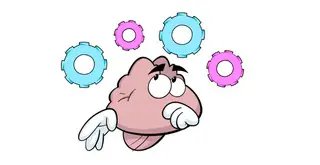
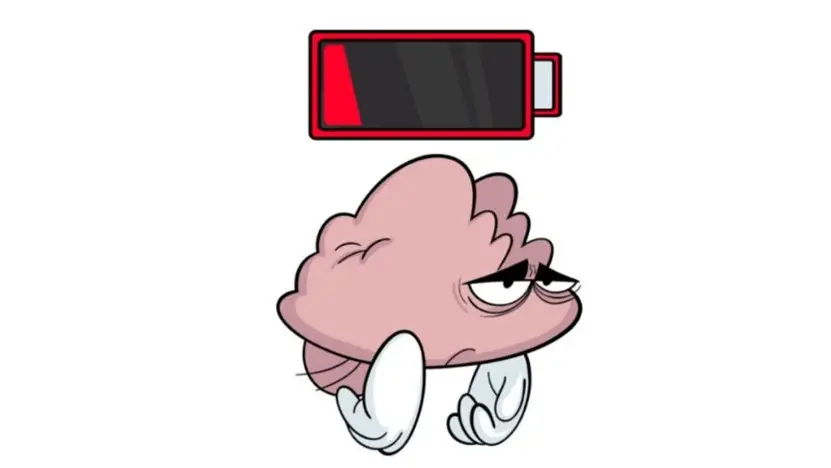
Fatigue and Sleep: Many people who have an ABI say that they experience tiredness and fatigue, which affects how much they can do. More information about these issues can be found in the Fatigue and Sleep optional sessions.
Lots of other things might also be different for a young person with an ABI: sometimes you may not be able to take part in sports, your hearing or vision may be affected, your friendships may also have changed. It can be very hard when you think about how things might have been if you hadn’t had your injury or illness. It can help to talk to people about this, including your TOPS-UK coach and your family.
Even though having a brain injury can be really tough, there can be some good things that come from it:
- Getting Stronger: You can become really strong and learn how to handle hard things better. You get good at dealing with challenges.
- Closer to Family and Friends: When you get help from your family and friends, you can become even closer. Working together to get better can make your relationships stronger.
- Appreciating Life: You might start to enjoy the little things in life more, like being outside or spending time with loved ones. You might feel more thankful for the good moments.
- Finding New Talents: You might discover new hobbies or skills you didn’t know you had. You might start drawing, playing music, or learning something new.
- Being Kind to Others: You might find it easier to understand and be kind to others who are also having a hard time. You might find you want to help and support your friends.
- Staying Positive: You might find it easier to learn to focus on the good things and set small goals to keep a happy and hopeful attitude.
Before you go to the feedback page, check your problem solving plans.
- Has this session made you want to change any of your plans?
- Do you have new plans you would like to add?
Your Plans:
|
No entries match your request. |
